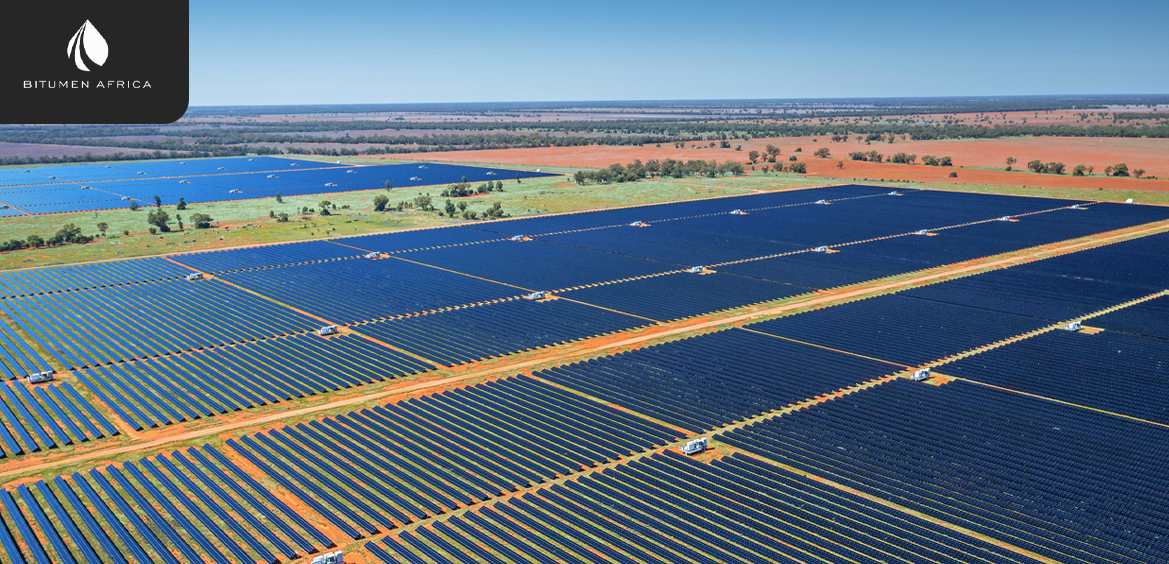Kazakhstan, the world's largest landlocked country, is embarking on an ambitious transition toward renewable energy, aiming to reduce its reliance on coal, which still makes up nearly two-thirds of its power generation. The government’s National Green Growth Plan outlines a rebalanced energy mix by 2030, with increased shares of gas, nuclear, and renewables. However, experts remain skeptical about the speed of this transition, projecting coal to remain dominant in the near term. To meet its goals, Kazakhstan is prioritizing foreign investment to boost its renewable infrastructure.
Efforts to diversify the energy sector include plans for nuclear energy and substantial investment in solar, wind, hydropower, and biomass. The Ministry of Energy has implemented competitive auctions to attract developers, approving a 2025 schedule that includes over 1,800 MW across 13 projects. A landmark deal with the UAE to construct a 1 GW wind plant with 300 MW of energy storage in the Zhambyl region marks a significant step forward, expected to raise the country's renewable share by around 3% and generate substantial investment and jobs.
Kazakhstan’s geographic size and natural resources provide immense renewable potential, especially in wind energy, where the country boasts the highest onshore potential in Central Asia. In 2023, wind and solar made up just 5% of electricity generation, but future cross-border green energy corridors with neighbors and Europe could make Kazakhstan a regional leader in power sharing and sustainable energy exports.
Beyond traditional renewables, Kazakhstan is also positioning itself to tap into the green hydrogen market. With strong production potential and a favorable location for exporting to Europe, the government has approved a hydrogen energy strategy aiming for 50% green hydrogen output by 2040. Yet, the industry remains in its infancy and will require heavy investment and expertise. If successful, Kazakhstan could evolve into a major hub for clean energy in Eurasia.

